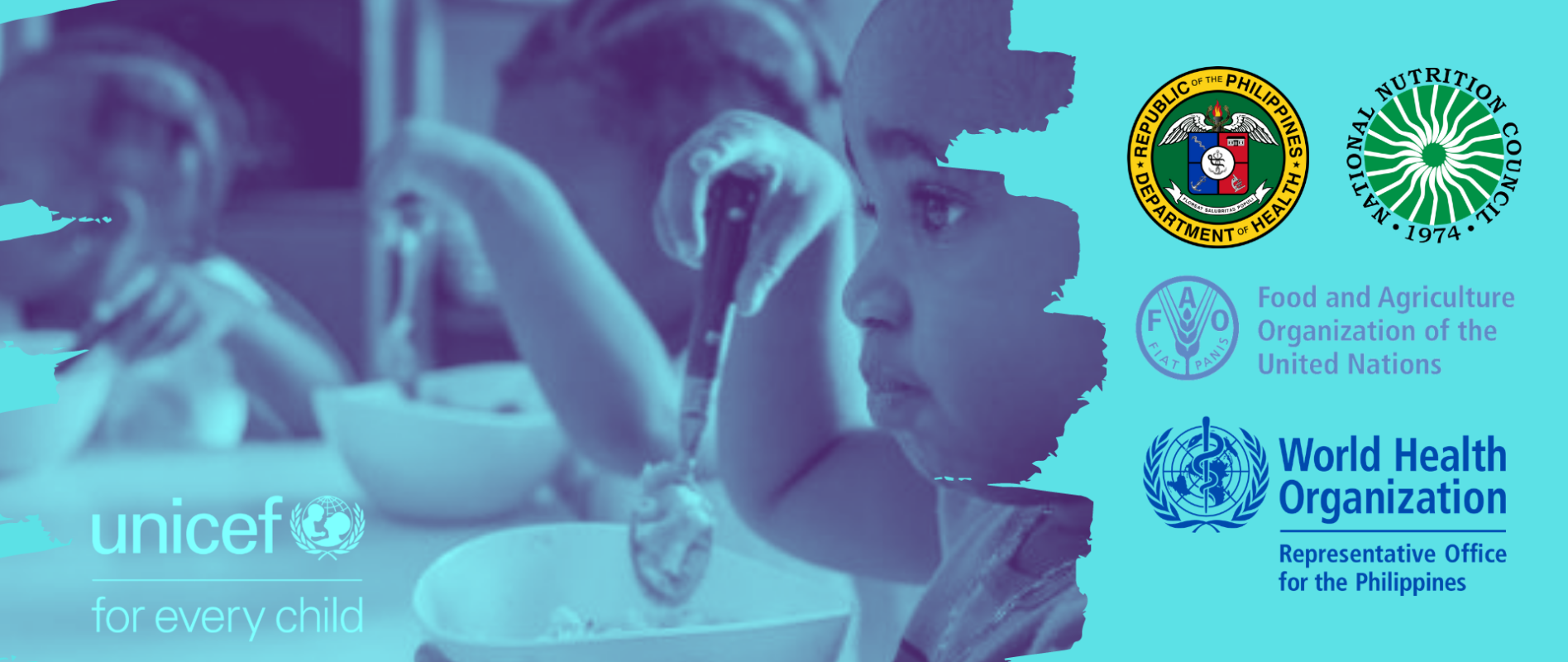POOR DIETS, FAILING FOOD SYSTEMS, AND LACK OF PHYSICAL ACTIVITY ARE CAUSING OVERWEIGHT AND OBESITY IN CHILDREN
According to WHO, overweight and obese children are more likely to stay obese into adulthood and to develop noncommunicable diseases (NCDs) like diabetes and cardiovascular diseases at a younger age. Obese children and adolescents may also suffer from both short-term and long-term health consequences. Factors contributing to the increasing problem of overweight and obesity include poor diets, inadequate nutrition, and failing food systems. In addition, limited physical activity is likewise contributing to the growing problem on overweight and obesity. Prevention remains to be the most feasible option for curbing the childhood obesity epidemic.
Results from the Expanded National Nutrition Survey conducted by the Food and Nutrition Research Institute (FNRI) in 2019 reported a relatively low prevalence of overweight at 2.9% among children under 5 years old; medium prevalence of 9.1% and 9.8% among children aged 5 to 10 years old and 10 to 19 years old, respectively. Among Filipino adolescents, being overweight has tripled in the last 15 years. There is a higher rate of overweight and obese children in urban areas than in rural areas and higher prevalence of several risk factors and environmental conditions could rapidly increase the rates. These findings from the FNRI study, together with new studies and recommendations for action, were shared during a series of dissemination for a on March 4, 18, and 25, 2021.
“The Department of Health recognizes the emerging problem of childhood overweight and obesity in the country and although its prevalence pales in comparison with that of undernutrition, it will be unfortunate to prejudice the public health attention it deserves to mitigate its future risk on non-communicable diseases, premature death and disability in adulthood. Further, the economic costs of this escalating problem are considerable both in terms of the enormous financial strains it will place on the health care system and lost economic productivity,” Health Secretary Francisco T. Duque III said.
The DOH, NNC, FAO, WHO, and UNICEF jointly call on the firm and continuous enforcement of the existing legislations, and to introduce front of pack labelling of commercially produced foods, and to regulate harmful practices such as the marketing of unhealthy foods to children. We also call on the public to change the way overweight and obesity is viewed by society and become advocates for change for healthy food environments and policies that prioritize obesity as a serious health issue.








